When disaster strikes, commercial property insurance becomes a lifeline for businesses, providing a shield against unexpected property damage and liability concerns. However, the responsibility for covering damages between neighboring properties can be complex, especially when incidents involve natural disasters, negligence, or unforeseen structural failures. Understanding how commercial insurance policies navigate these situations is crucial for safeguarding a business's financial stability.
Who is responsible if a tree falls onto my commercial property?
If a tree from a neighboring property falls onto your commercial property due to natural causes like a storm, wind, or lightning, your commercial property insurance typically covers the damage. However, if negligence is involved—such as an improperly maintained or diseased tree—the neighbor's liability insurance might assist in covering costs. Proving negligence is essential in these cases. It's worth noting that most policies don't cover tree removal unless it causes structural damage.
What if my neighbor’s property causes flooding on mine?
Standard commercial property insurance does not cover flood damage, even if the water originates from a neighboring property. Businesses need to secure separate flood insurance for such protection. If the flooding is a result of neighbor negligence, such as poor drainage maintenance or ignoring a burst pipe, their liability insurance might cover the damages. Proving negligence, however, remains challenging. Coverage for a burst pipe on your property is generally included for sudden breaks but excludes damages from neglect, poor maintenance, or freezing conditions. Sewer backups typically require a separate endorsement.
What happens if a fire from a neighboring property spreads to mine?
If a fire spreads from a neighboring business to yours, your commercial property policy usually covers the damages. If negligence, such as fire code violations, is found, the neighbor's liability insurance might help cover some losses. Yet, liability must be proven for this assistance to apply.
Who pays for debris removal after a disaster?
Debris removal can be covered by a neighboring property's liability insurance if they are found liable for the damage. Again, proving negligence is required. If your policy covers the damage, debris removal is typically included but may have coverage limits. If the incident isn't covered, such as flooding without flood insurance, debris removal costs will likely be excluded as well.
Will my insurance cover business losses if I have to shut down?
Business interruption insurance may cover lost income if you need to close due to fire or storm damage, but only if your policy includes this coverage. Standard business interruption policies do not cover flood-related closures unless stemming from a covered peril within your policy.
The intricacies of insurance in the context of neighboring property claims highlight the importance of understanding commercial insurance policies. Regular policy reviews, considering additional coverage options like flood and business interruption insurance, and consulting with an insurance professional are all prudent steps for ensuring adequate protection of your business's assets.






